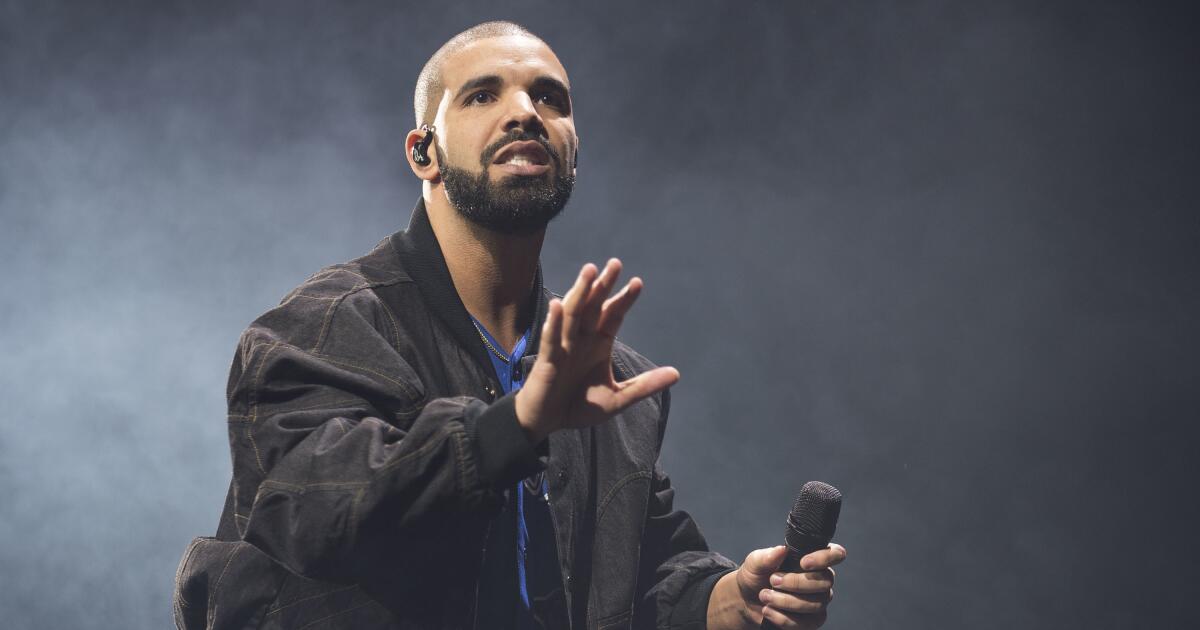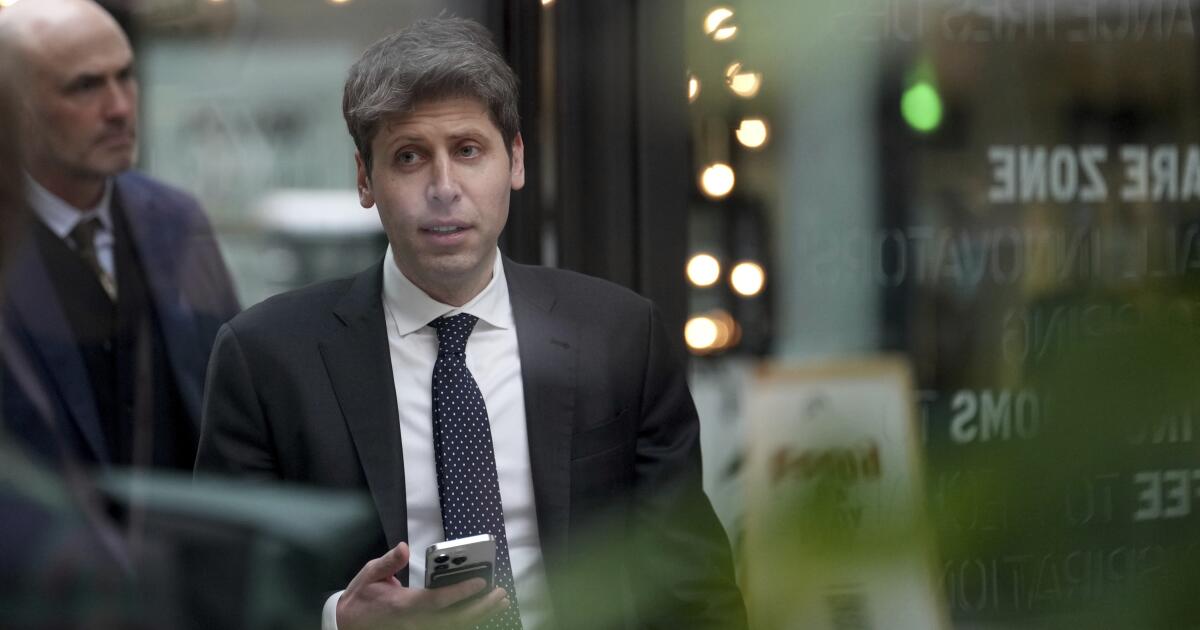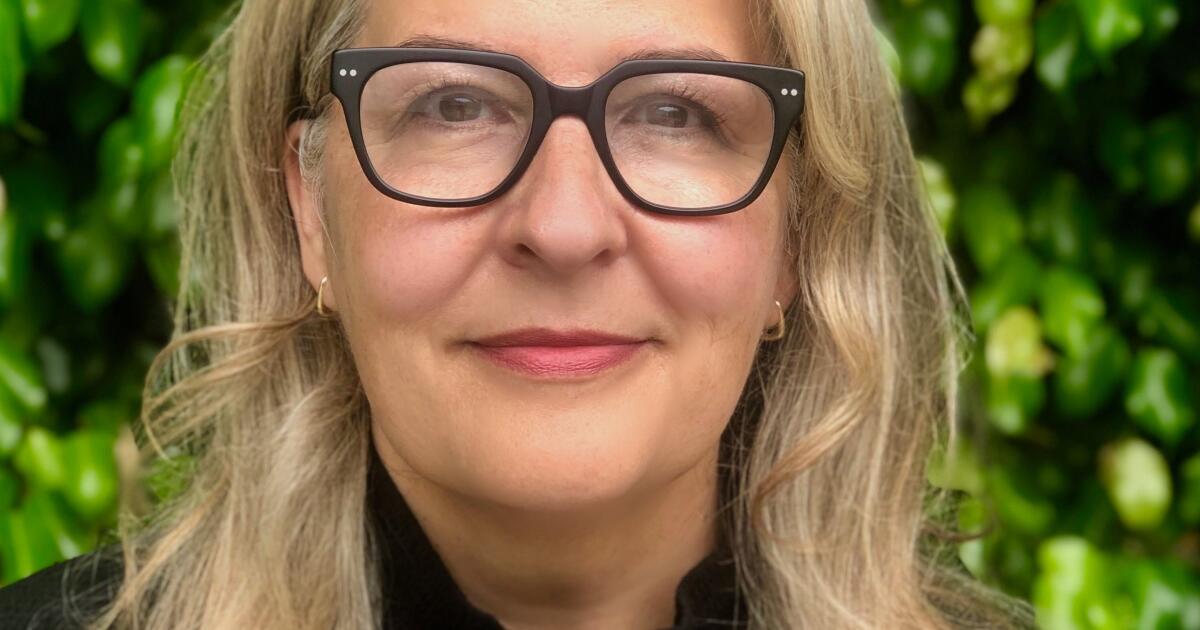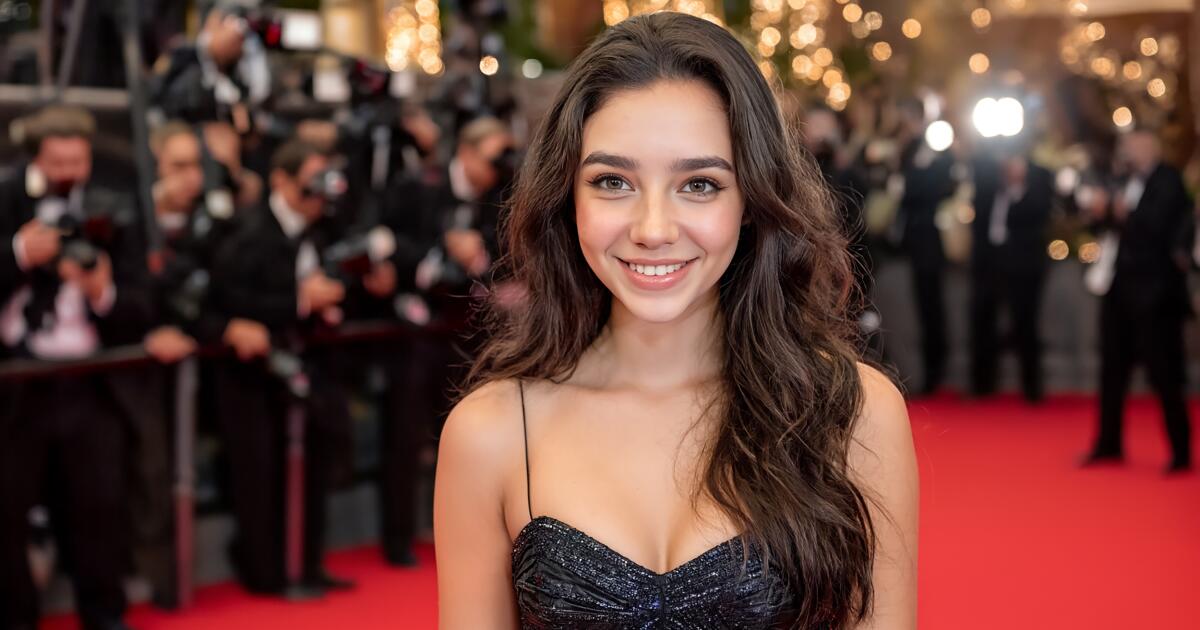A year after tech firm OpenAI roiled Hollywood with the release of its Sora AI video tool, Chief Executive Sam Altman was back — with a potentially groundbreaking update.
Unlike the generic images Sora could initially create, the new program allows users to upload videos of real people and put them into AI-generated environments, complete with sound effects and dialogue.
In one video, a synthetic Michael Jackson takes a selfie video with an image of “Breaking Bad” star Bryan Cranston. In another, a likeness of SpongeBob SquarePants speaks out from behind the White House’s Oval Office desk.
“Excited to launch Sora 2!” Altman wrote on social media platform X on Sept. 30. “Video models have come a long way; this is a tremendous research achievement.”
But the enthusiasm wasn’t shared in Hollywood, where the new AI tools have created a swift backlash. At the core of the dispute is who controls the copyrighted images and likenesses of actors and licensed characters — and how much they should be compensated for their use in AI models.
The Motion Picture Assn. trade group didn’t mince words.
“OpenAI needs to take immediate and decisive action to address this issue,” Chairman Charles Rivkin said in a statement Monday. “Well-established copyright law safeguards the rights of creators and applies here.”
By the end of the week, multiple agencies and unions, including SAG-AFTRA, chimed in with similar statements, marking a rare moment of consensus in Hollywood and putting OpenAI on the defensive.
“We’re engaging directly with studios and rightsholders, listening to feedback, and learning from how people are using Sora 2,” Varun Shetty, OpenAI’s vice president of media partnerships, said in a statement. “Many are creating original videos and excited about interacting with their favorite characters, which we see as an opportunity for rightsholders to connect with fans and share in that creativity.”
For now, the skirmish between well-capitalized OpenAI and the major Hollywood studios and agencies appears to be only just the beginning of a bruising legal fight that could shape the future of AI use in the entertainment business.
“The question is less about if the studios will try to assert themselves, but when and how,” said Anthony Glukhov, senior associate at law firm Ramo, of the clash between Silicon Valley and Hollywood over AI. “They can posture all they want; but at the end of the day, there’s going to be two titans battling it out.”
Before it became the focus of ire in the creative community, OpenAI quietly tried to make inroads into the film and TV business.
The company’s executives went on a charm offensive last year. They reached out to key players in the entertainment industry — including Walt Disney Co. — about potential areas for collaboration and trying to assuage concerns about its technology.
This year, the San Francisco-based AI startup took a more assertive approach.
Before unveiling Sora 2 to the general public, OpenAI executives had conversations with some studios and talent agencies, putting them on notice that they need to explicitly declare which pieces of intellectual property — including licensed characters — were being opted-out of having their likeness depicted on the AI platform, according to two sources familiar with the matter who were not authorized to comment. Actors would be included in Sora 2 unless they opted out, the people said.
OpenAI disputes the claim and says that it was always the company’s intent to give actors and other public figures control over how their likeness is used.
The response was immediate.
Beverly Hills talent agency WME, which represents stars such as Michael B. Jordan and Oprah Winfrey, told OpenAI its actions were unacceptable, and that all of its clients would be opting out.
Creative Artists Agency and United Talent Agency also argued that their clients had the right to control and be compensated for their likenesses.
Studios, including Warner Bros., echoed the point.
“Decades of enforceable copyright law establishes that content owners do not need to ‘opt out’ to prevent infringing uses of their protected IP,” Warner Bros. Discovery said in a statement. “As technology progresses and platforms advance, the traditional principles of copyright protection do not change.”
Unions, including SAG-AFTRA — whose members were already alarmed over the recent appearance of a fake, AI-generated composite named Tilly Norwood — also expressed alarm.
“OpenAI’s decision to honor copyright only through an ‘opt-out’ model threatens the economic foundation of our entire industry and underscores the stakes in the litigation currently working through the courts,” newly elected President Sean Astin and National Executive Director Duncan Crabtree-Ireland said in a statement.
The dispute underscores a clash of two very different cultures. On one side is the brash, Silicon Valley “move fast and break things” ethos, where asking for forgiveness is seen as preferable to asking for permission. On the other is Hollywood’s eternal wariness over the effect of new technology, and its desire to retain control over increasingly valuable intellectual property rights.
“The difficulty, as we’ve seen, is balancing the capabilities with the prior rights owned by other people,” said Rob Rosenberg, a partner with law firm Moses and Singer LLP and a former Showtime Networks general counsel. “That’s what was driving the entire entertainment industry bonkers.”
Amid the outcry, Sam Altman posted on his blog days after the Sora 2 launch that the company would be giving more granular controls to rights holders and is working on a way to compensate them for video generation.
OpenAI said it has guardrails to block the generation of well-known characters and a team of reviewers who are taking down material that doesn’t follow its updated policy. Rights holders can also request removal of content.
The strong pushback from the creative community could be a strategy to force OpenAI into entering licensing agreements for the content they need, legal experts said.
Existing law is clear — a copyright holder has full control over their copyrighted material, said Ray Seilie, entertainment litigator at law firm Kinsella Holley Iser Kump Steinsapir.
“It’s not your job to go around and tell other people to stop using it,” he said. “If they use it, they use it at their own risk.”
Disney, Universal and Warner Bros. Discovery have previously sued AI firms MiniMax and Midjourney, accusing them of copyright infringement.
One challenge is figuring out a way that fairly compensates talent and rights holders. Several people who work within the entertainment industry ecosystem said they don’t believe a flat fee works.
“Bring monetization that is not a one size fits all,” said Dan Neely, chief executive of Chicago-based Vermillio, which works with Hollywood talent and studios and protects how their likenesses and characters are used in AI. “That’s what will move the needle for talent and studios.”
Visiting journalist Nilesh Christopher contributed to this report.



